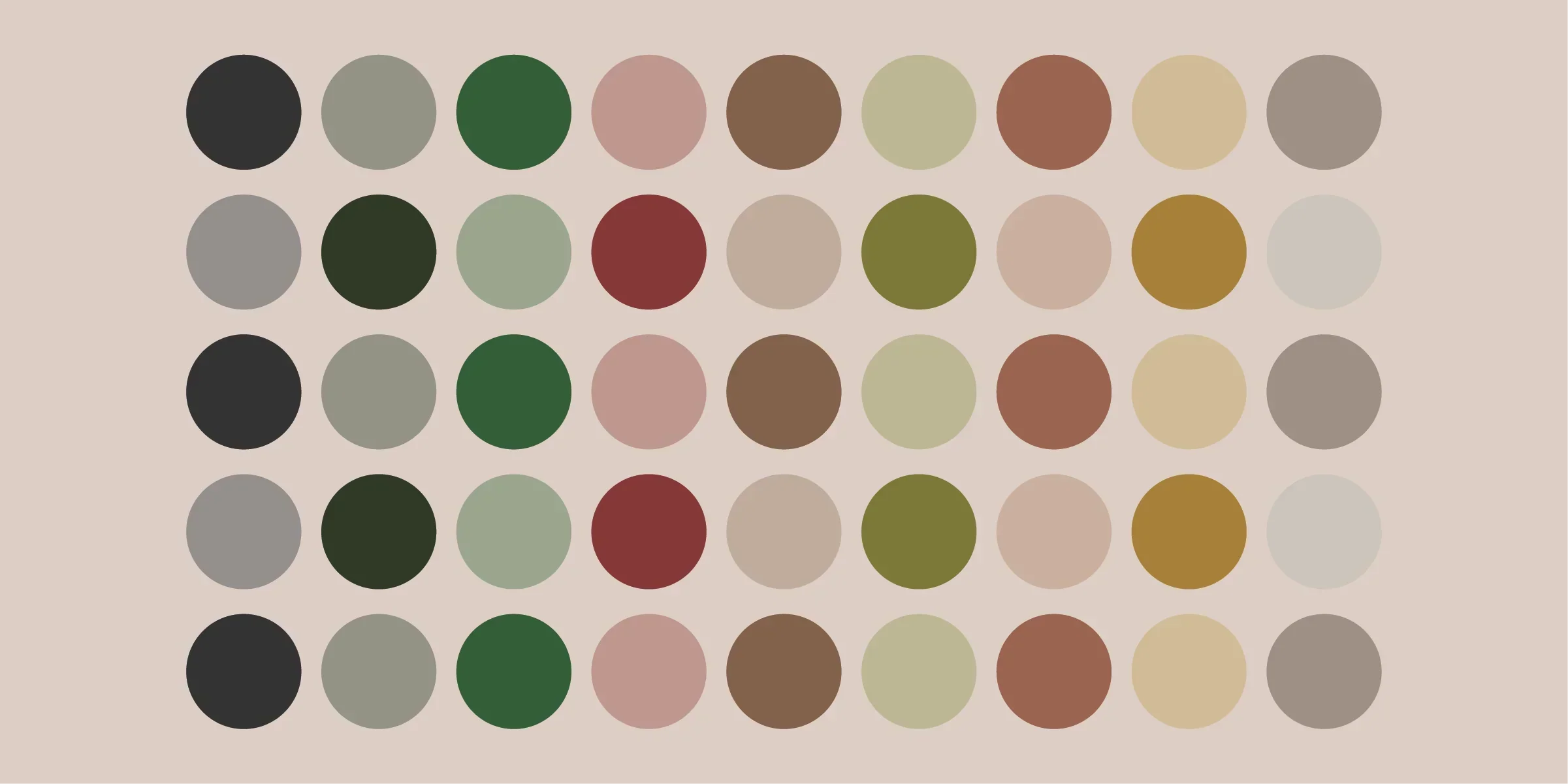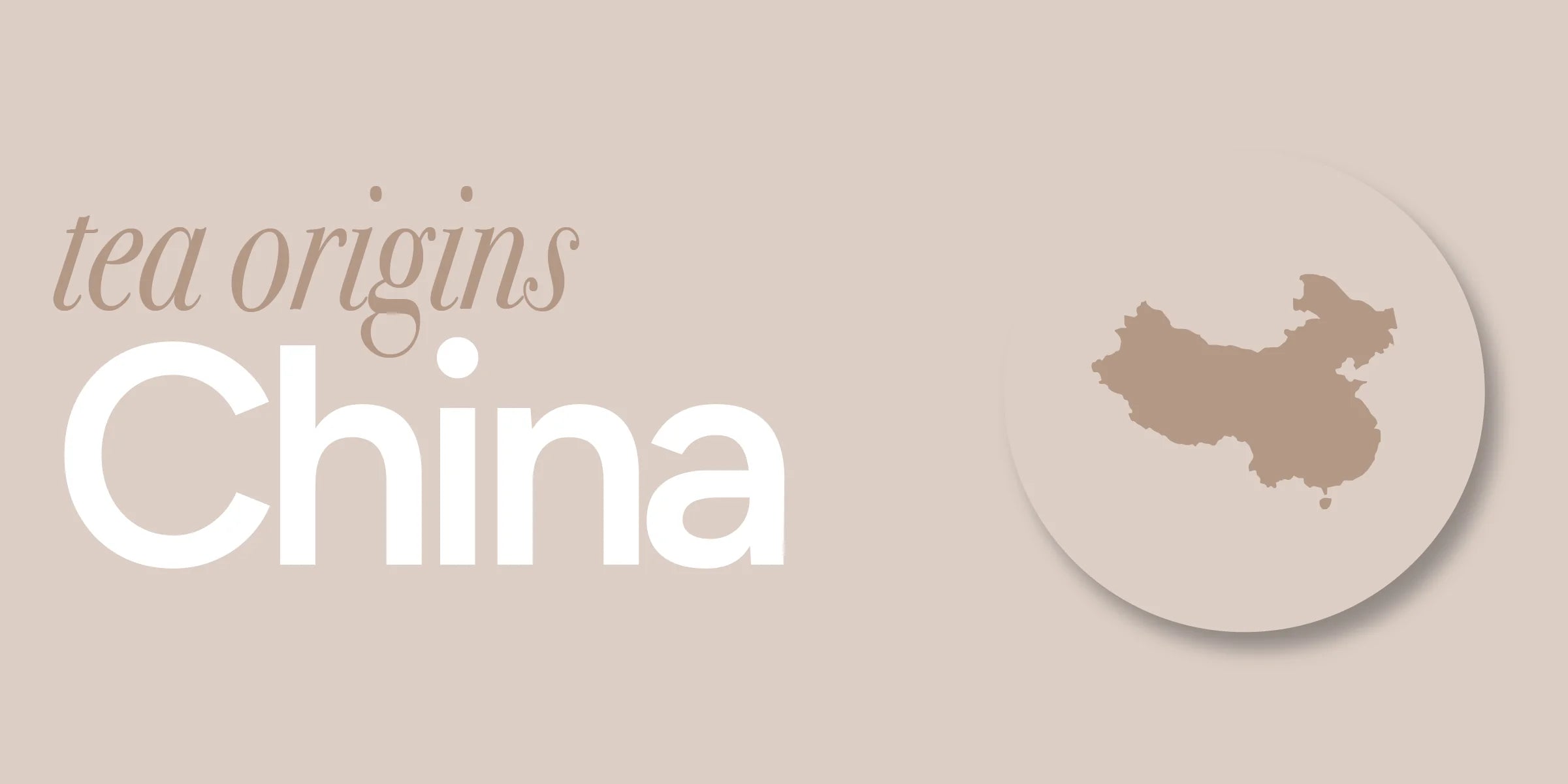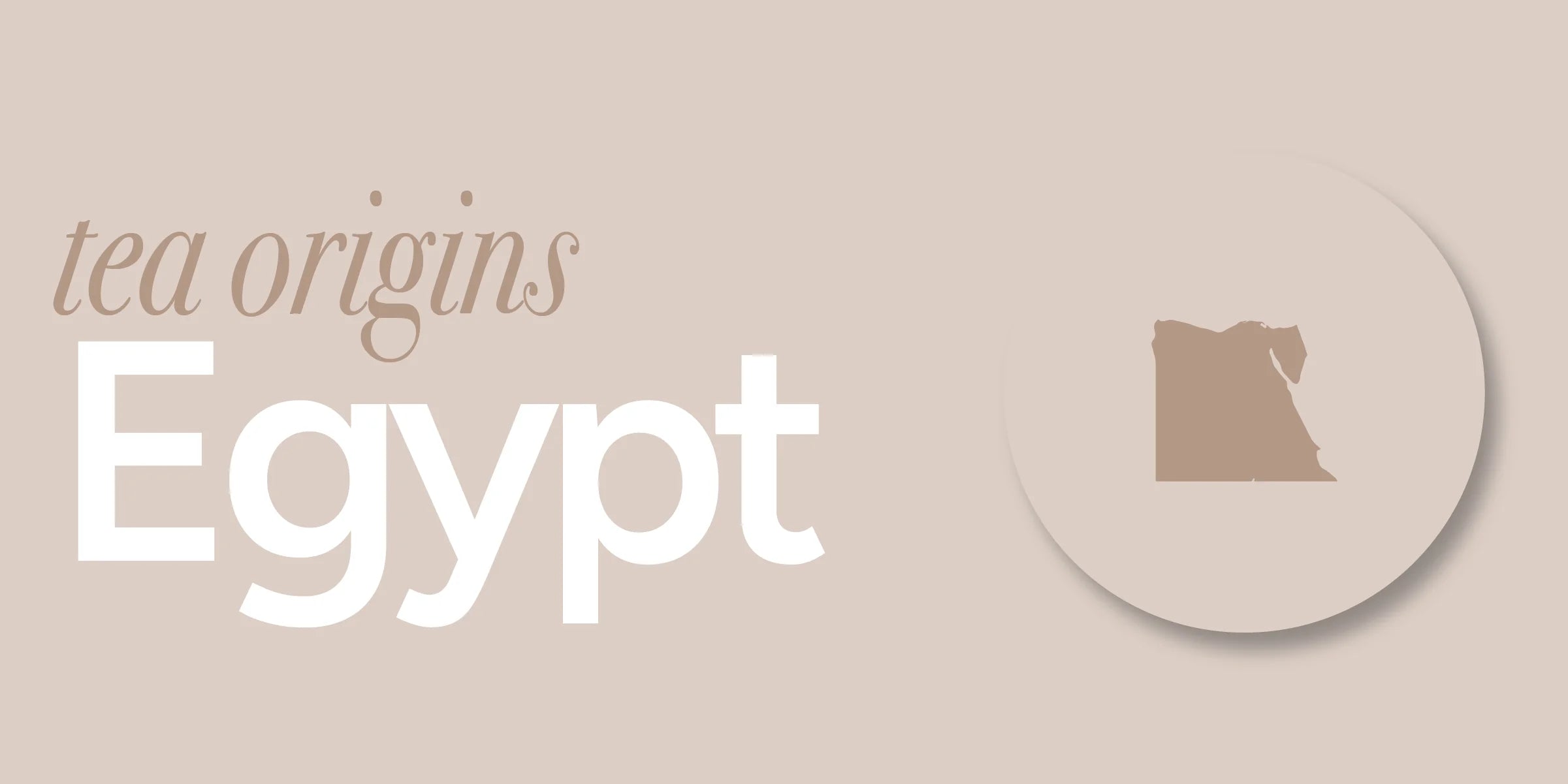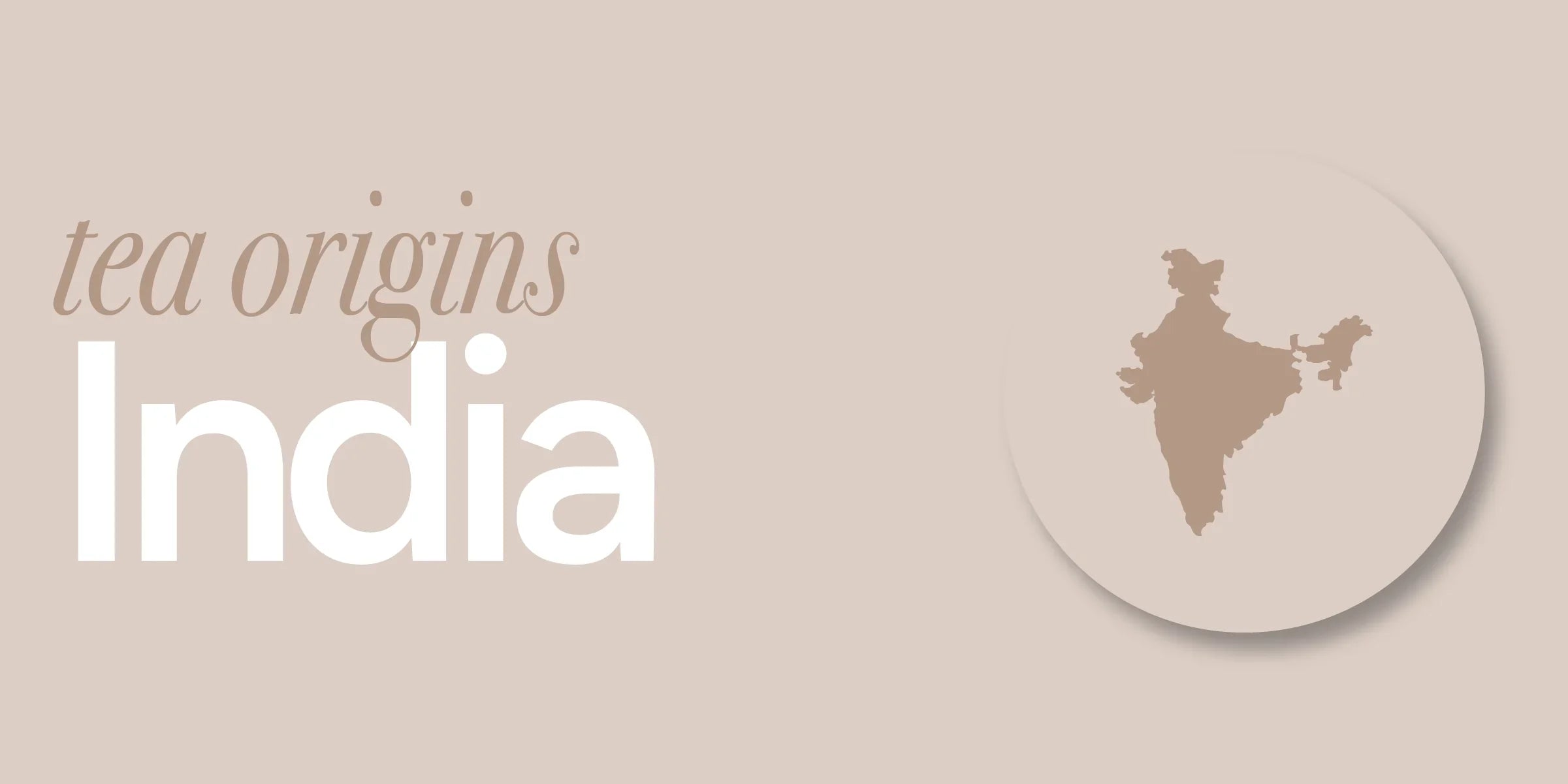The art of drinking tea has significantly influenced many different regions and cultures for centuries. We have learned about the first discovery of tea in China and its migration through Europe and India. Now, this beloved beverage is consumed and celebrated worldwide, with each origin story positively impacting tea's evolution. Egypt, known for housing some of the world's most famous monuments, is one country often overlooked for its tea consumption. Over time, it has established a civilization of tea drinkers. So much so that tea is considered Egypt's national beverage!
Egypt's Tea Market & Drinking Culture
So, what do we know about Egyptian tea? Not much, I imagine. I admit that I was uninformed before my research. Although tea is valued in the surrounding countries of Southeast Asia, the Middle East, and Africa, Egypt's tea culture is not as widely known. It was not until their political change in the early seventies from a communist nation to a republic that the government established a new lifestyle for consumerism and trade beyond their borders.
Tea initially arrived in Egypt in the 16th century and became easily attainable for everyone socially and economically. Egypt's proximity to the Asian mainland and African border allowed for the convenient introduction and accessibility of tea. In Egypt, tea is called "shai" and is known as the nation's superior beverage, even more so than coffee. Egypt consumes 65,000 to 75,000 tons of tea, including imports of earl grey, green tea, Assam, and flavored herbals. The consumption average per capita is around 800 to 1000 grams. Since Egypt does not produce tea, the tea consumed in Egypt is primarily grown and imported from other countries, like Kenya and Sri Lanka.
Tea has become a symbol of Egypt, and its consumption has been embedded in their culture from the beginning. The focus is placed more on drinking tea with loved ones than the quality of the tea itself. Unlike British or Chinese tea culture, where tea is primarily enjoyed at specific times or during intricate ceremonies, tea is drunk morning, noon, and night in Egypt. Tea is an everyday necessity, served with every meal, and enjoyed by every social class. In fact, tea is the second cheapest beverage after water! Besides drinking at home, it is common to spend mornings or evenings at cafes sipping tea, smoking hookah, and playing backgammon or dominos. Egypt's Islamic values and influences (which prohibit alcohol consumption), combined with the economic affordability, are the main reasons for Egypt's thriving tea-drinking culture.
Egypt's Favorite Tea Beverages
The tea brewed in Egypt is far from fancy. For convenience, tea bags are often filled with ground-up tea leaves. The bitterness from the low-quality tea is usually masked by adding sugar and fresh mint. Tea is often accompanied by a pastry, like baklava or basbousa (cake filled with cream). There are two main Egyptian tea varieties; Koshary and Saiidi. Koshary is popular in Northern Egypt and is a black tea brewed with cane sugar and fresh mint leaves for a light and refreshing drink. Saiidi tea is most often enjoyed in Southern Egypt and is black tea boiled over a hot flame for an extended amount of time, giving it a very bold and bitter flavor. It is also sweetened with spoonfuls of cane sugar to balance the bitterness. As you can see, black tea is Egypt's primary tea of choice.
Along with enjoying tea from the actual Camellia sinensis plant, herbal teas are widely consumed in Egypt and many other Middle Eastern countries. Egyptian cuisine is known for its diverse flavors and innovative dishes. The way the experiment with tea and herbs is just as unique. Many custom tea beverages unique to their country have been created and enjoyed for years. Three of the most famous Egyptian drinks are called Sahlab, Karkade, and Yansoon. Sahlab is primarily enjoyed during the colder months and is made from the grounds of an orchid bulb. It is combined with milk, spices, and chopped pistachios and can be compared to a chai tea latte. Karkade is brewed hot or cold and comes from boiling dried hibiscus leaves. Sugar is sometimes added for a sweet and tart treat, reminiscent of cranberry juice. The last beverage, Yansoon, is often used as a remedy for colds and sore throats. It is very rich in flavor and is made from aniseeds. For a more traditional, Western-style black tea, Egyptians order a "Shai Lipton."
In Egypt, the action of drinking tea means more than the drink itself. It is about sitting, enjoying a cup, and creating deep connections with others. I love their focus on culture and community and how they use tea to enhance their way of life. The lifestyle in America is so busy, with an emphasis on pursuing the "hustle" to achieve meaning or success. Learning about Egyptian tea culture was a great reminder to slow down and enjoy the simple things in life. So, next time you drink a cup of tea, whether on your own or with a loved one, remember to sit back, relax, and do as the Egyptians do.















